Mental health and suicide awareness
Female student sits on railroad tracks
October 9, 2020
Even though a lot of people are going through their own struggles with mental health, it can be difficult to talk about, especially if it seems you are alone. Chances are you are not.
According to the Center for Disease Control, “ADHD, behavior problems, anxiety, and depression are the most commonly diagnosed mental disorders in children.” The statistics are probably not that surprising to most teens since the CDC goes on to say that among children aged 3-17 years, approximately 4.4 million have diagnosed anxiety and 1.9 have diagnosed depression.
Anxiety is a common mental health challenge that many teens struggle with. One anonymous Nazareth student who has suffered from anxiety since middle school shared a method used to work through it. “One thing that really helps me cope are different breathing techniques. Such as the four square method where you breathe in for four seconds, hold it for four, you breath out for four, and then hold it. It repeats and goes in a square.”
Nazareth’s Student Assistance Program Director, Cathy Kokontis shared her thoughts in September about mental health during Suicide Prevention Awareness Month. She said, “It’s okay to not be okay. A lot of people struggle. There’s a lot of help, so don’t hesitate because in the end, it will make you stronger. In the end, it makes you more aware and able to help others.”
It’s important to remember that it’s okay to have bad days and a lot of people are fighting their own battles. Staying active, playing sports, and talking to friends help some students with their mental health. But for others, they need more serious interventions.
According to World Health Organization, globally there are about 800,000 deaths each year from suicide, roughly that’s one death every 40 seconds.
This is especially concerning with an increase in social media use during the pandemic. Cyber- and any type of bullied victims are between 2 and 9 times more likely to consider suicide according to Bullyingstatistics.com. At the greatest risk are girls that range from 10 to 14 years old.
While social media is usually painted as a negative influence, it can actually help raise awareness of mental health issues among young people. Social media can have a positive effect on teens today. Social media gives people opportunities to speak out on issues that are important.
A Nazareth student shared, “I think [social media] gives opportunities for people to speak out more and have more of a platform to speak out about it. A lot of influencers talk about it a lot. Seeing that gives people almost motivation to open up more about it too and try to help.”
Mental health conditions are just like any other medical condition. Mental health conditions are treatable and they are not something to be ashamed of, so they should be discussed openly.
Another anonymous Nazareth student shared their thoughts about how Covid-19 has affected their mental health. They said the thought of being in school helped them since they had people to communicate with and feel like they were heard, unlike before returning to school when they felt trapped in their home with nobody to talk to.
Another Nazareth student has advice for anyone who is feeling alone: “To stay strong, no matter what happens, no matter what type of hardship you go through, there’s always going to be some type of light at the end of the tunnel. Even if you can’t see it from where you’re at now, there’s going to be something good coming your way.”
Kokontis goes on to reveal how she feels about young people who have considered suicide. “There’s nothing more frightening to me than the idea that a student would feel so alone, so desperate, so sad, and feel like they couldn’t reach out to somebody here at school or someone else. I spend a lot of my job trying to figure out ways to improve the well being of Naz students,”said Kokontis.
“There’s a lot of help and ways to get it. You can do it in person, in school, you can go to your guidance counselor, you can contact the National Suicide Prevention Lifeline. You can do it by text. Just don’t be afraid to ask,” Kokontis said.
The Suicide Prevention Line is not only for those who are considering suicide but is also for those trying to seek help for others. Learning that someone is possibly suicidal should not be kept a secret but must be shared with someone who will help get the person what they need. There are people who can provide help at all times.
If you believe that someone is suicidal, here are some following warning signs you should be cautious of: talking about wanting to die or to kill oneself, talking about feeling hopeless or having no purpose, talking about being a burden to others, talking about feeling trapped, or being in unbearable pain.
Please reach out to a trusted adult or contact the National Suicide Prevention Lifeline at 800-273-8255 if you are seeking help for yourself or for a friend or family member in need.

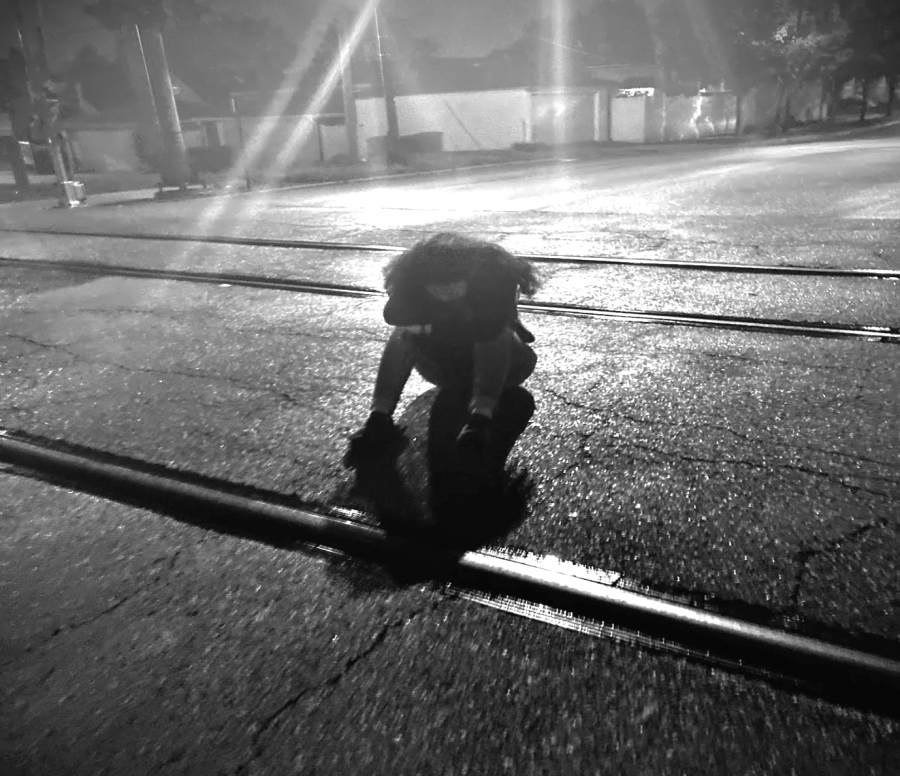
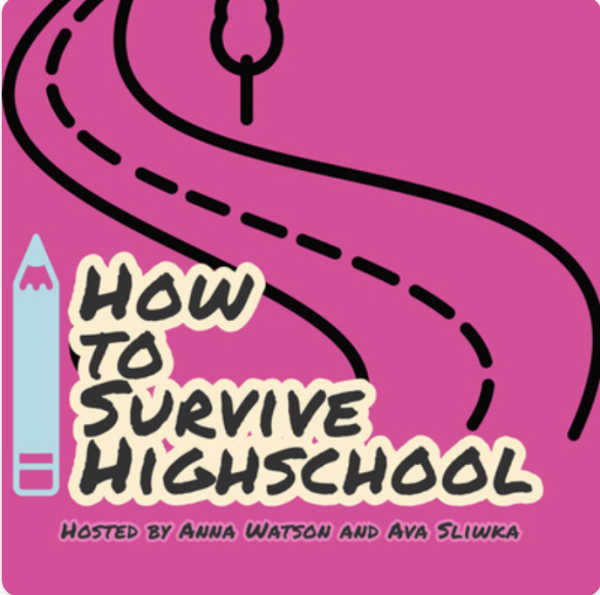

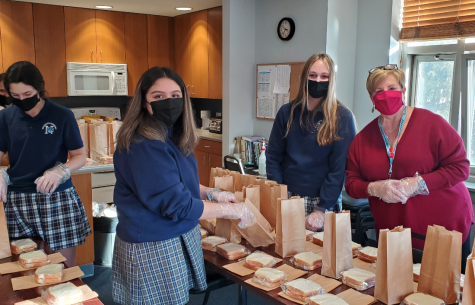
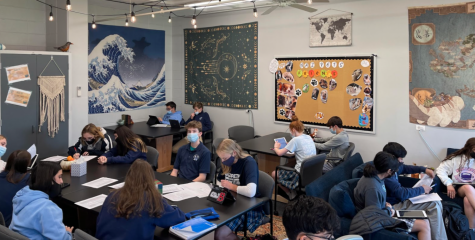


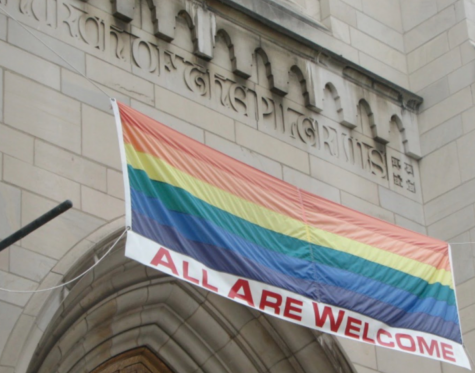
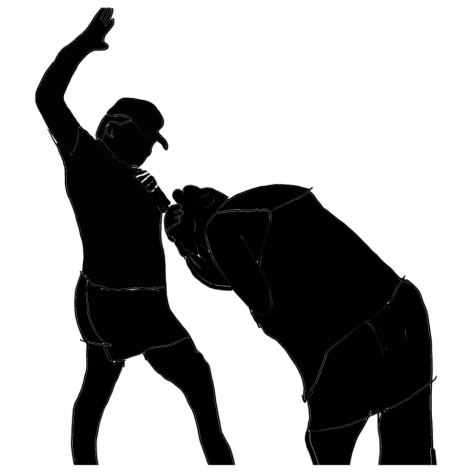


Jazmin • Nov 3, 2021 at 12:02 pm
I thought this was very well written and I appreciate the attention to this topic. Mental health is very important and I’m glad you helped spread awareness about it and resources.